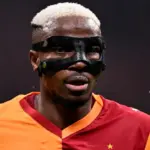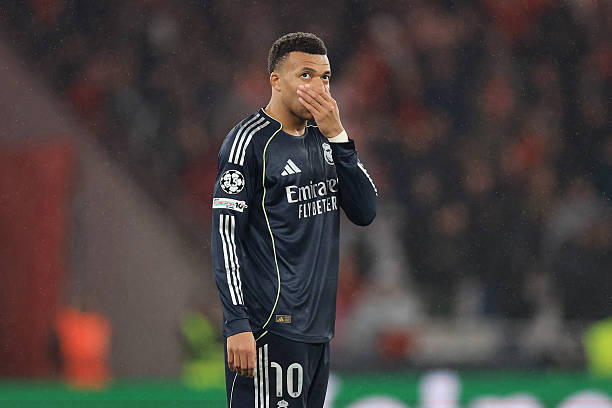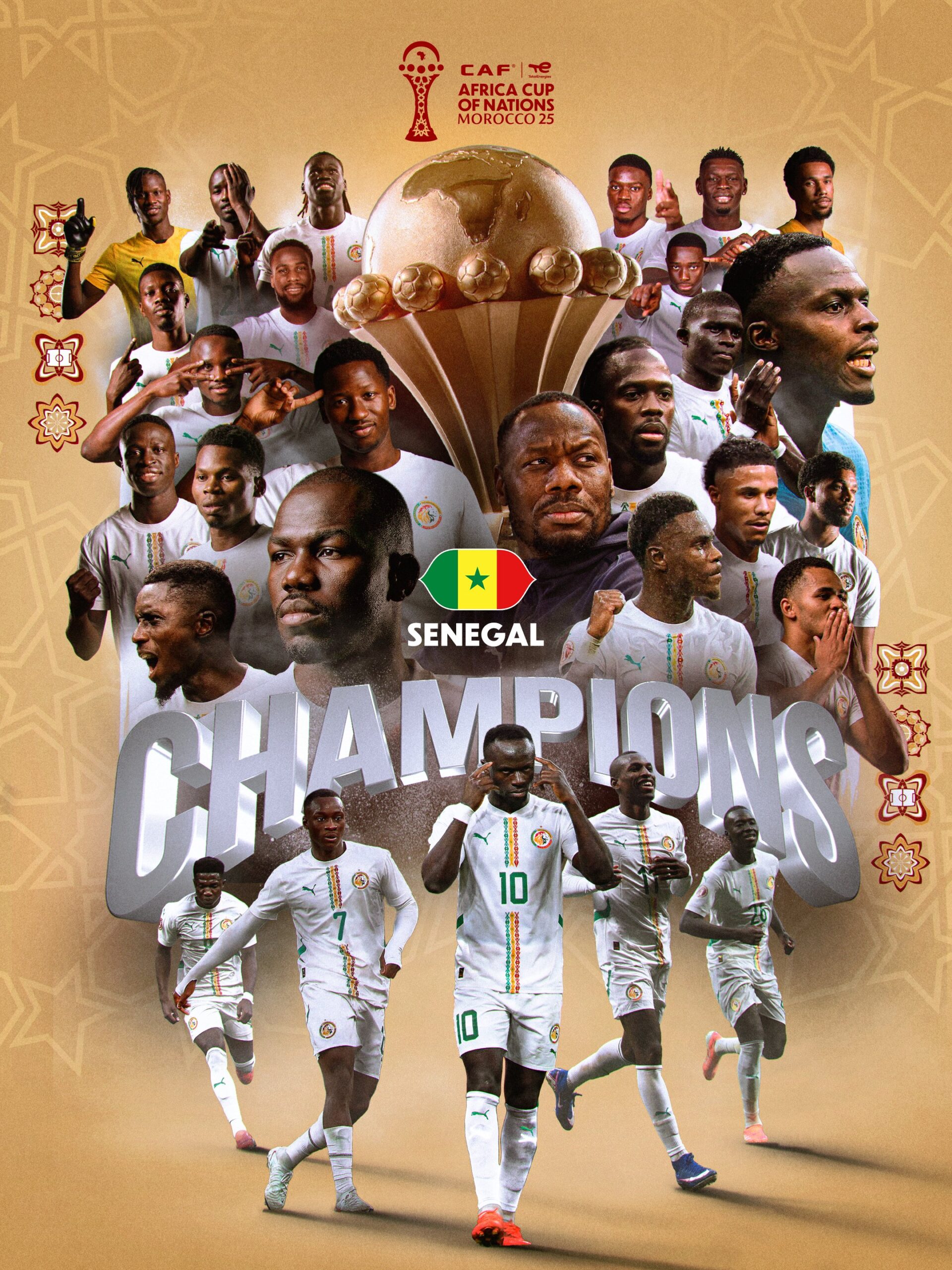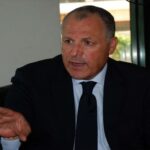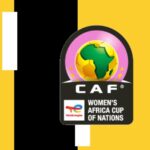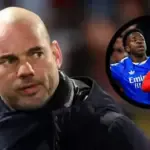The Nouakchott Protocol: A controversial power play reshaping FIFA Council elections
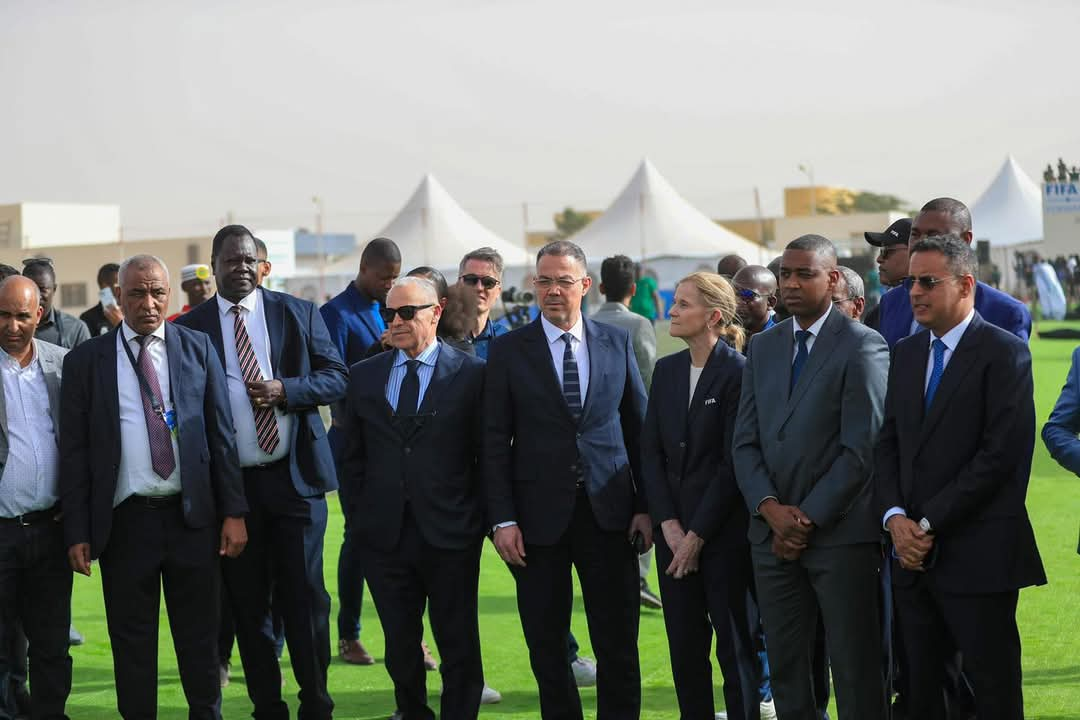
The upcoming elections to FIFA Council have suddenly turned on their head with the release of what sources are calling the Nouakchott Protocol—a power-sharing agreement that appears to push out some of the front runners, including Senegal’s Augustin Senghor and Nigeria’s Amaju Pinnick.
This move, reportedly conceived by Moroccan football supremo Fouzi Lekjaa, has rebooted African football politics.
In a high-level meeting in Nouakchott, Mauritania, African football leaders agreed that in effect the four of the five available African positions on the FIFA Council will be reserved by Lekjaa (Morocco), Ahmed Yahya (Mauritania), Idriss Diallo (Ivory Coast), and Hani Abou Rida (Egypt).
One seat is only available for an astonishing nine other candidates, including Senghor and Pinnick, leaving a virtually impossible path to victory for most of the candidates.
A Blow to Football Democracy?
The Nouakchott Protocol, according to its critics, is an injustice to the democratic process of FIFA elections because it replaces an agreed power-sharing deal with free competition.
The backroom situation under which the agreement was signed has been points of contention on matters of fairness and openness as some ask whether the genuine interest of African football is being protected or not, or is this merely politics of consolidation at the expense of a few?.
Among the strongest critics of this state of affairs is Djibrilla Hima Hamidou, President of the Niger Football Federation.
Hamidou has openly repudiated the Nouakchott Protocol, claiming that FIFA Council elections should be decided by a transparent and just process of voting, not in secret.
The Future of African Representation in FIFA
With the Cairo election date set for March 12, all eyes will be on whether African football associations hold to the Nouakchott Protocol or jump ship to support independent candidates.
The outcome of this election will not only determine who represents Africa at FIFA’s highest level but also set a precedent for the way political clout is bargained in African football administration’s future.
Will the Nouakchott Protocol hold, or will the Nouakchott Protocol be stopped in its tracks by the democratic competition forces? The coming weeks will determine.

